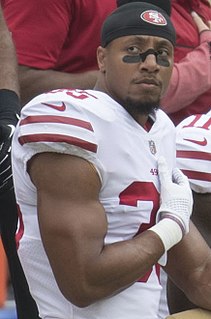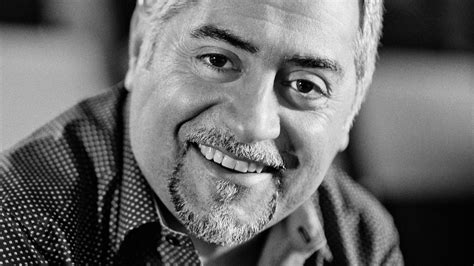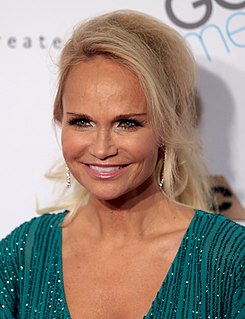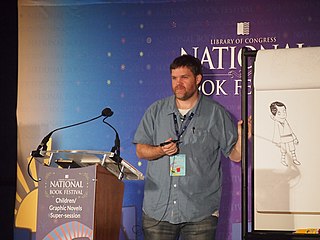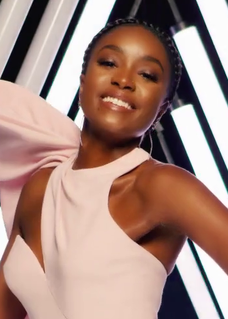A Quote by Garth Greenwell
I'm not sure I can articulate any principles behind the decisions about what to cut and what to keep.
Quote Topics
Related Quotes
If the subjectivist view hold true, thinking cannot be of any help in determining the desirability of any goal in itself. The acceptability of ideals, the criteria for our actions and beliefs, the leading principles of ethics and politics, all our ultimate decisions are made to depend upon factors other than reason. They are supposed to be matters of choice and predilection, and it has become meaningless to speak of truth in making practical, moral or esthetic decisions.
Making a movie is a network of decisions that keep multiplying as you go. You leave a trail of decisions behind you, and that's how you start to see the shape of what you've done. When you get far enough, you turn around and say, 'Ha, that's the movie.' It's only then that you find out if it's going to work or not.
Our decisions need not be seen as resting on procedures that are merely instrumental in making judgments that are reliably truth-tracking. The procedures might be more directly related than that to truths about what is right or good, or about what we ought to do, or to principles that tell us what is true about these matters. And I have no metaphysical theory about the truth-conditions of such truths, except to say that as objective truths, they must be independent of the attitudes, decisions or actions that they are supposed to justify or for which they are to offer reasons.
The Constitution of the United States has been mentioned...as the basis of wise decisions in fundamental principles as applied to all matters pertaining to law and order, because it was framed by men whom God raised up for this very purpose. But in addition to that inspired document, we must always keep in mind that the greatest weapons that can be forged against any false philosophy are the positive teachings of the gospel of Jesus Christ.
I keep up with James Kochalka's online strip, and if I see a link somewhere or someone tells me about something, I'll look at it, but I don't usually keep up with any sites other than the 'American Elf.' I always have this feeling that there's not enough space in the screen, like everything's always getting cut off.


